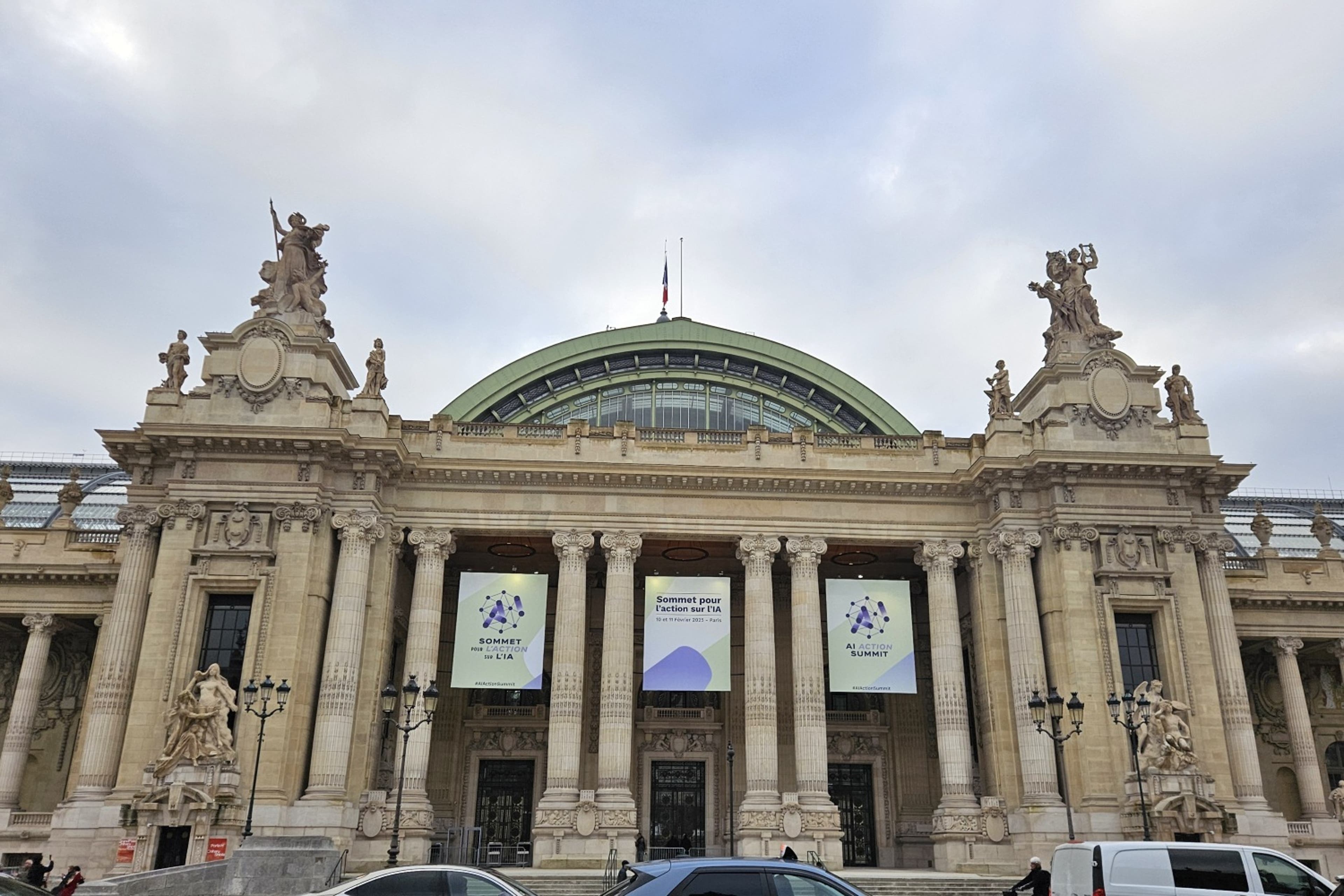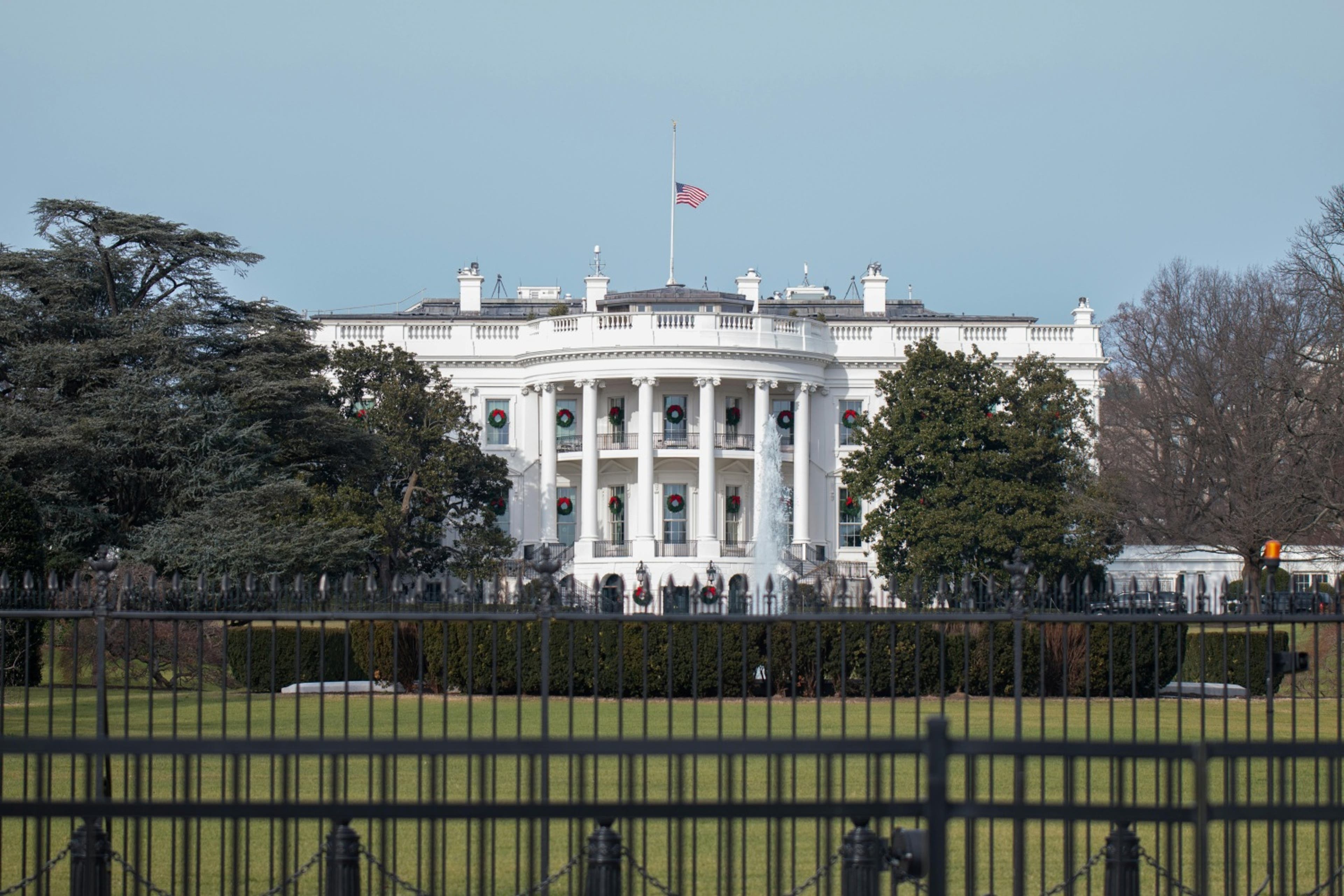Deregulation, competition take center stage at AI Action Summit


Published:
Contributors:
Joe Duball
News Editor
IAPP
In recent years, the global conversation around harnessing artificial intelligence focused on how regulation and subsequent governance and safety requirements would guide the way. However, world leaders attending the AI Action Summit in Paris are beginning to sing a different tune.
The summit convened more than 100 nations with the goal of generating alignment on AI and was expected to yield a more innovation-friendly theme than prior dialogues among leaders. The lean into innovation took a surprising turn, with some leaders going as far as calling for technology deregulation — particularly in the EU — to support AI growth.
U.S. Vice President J.D. Vance led the deregulation talk, using his summit remarks to discuss "AI opportunity" over safety and promoting ideals on how to best "catch lightning in a bottle."
"When conferences like this convene to discuss a cutting-edge technology, often times I think our response is to be too self-conscious, too risk-averse," Vance said. "But never have I encountered in tech a breakthrough that so clearly calls us to do precisely the opposite."
He added U.S. President Donald Trump's administration believes "excessive regulation of the AI sector could kill a transformative industry just as it's taking off," and the administration will "make every effort to encourage pro-growth AI policies."
Trump has flipped the U.S.'s AI policy stance less than a month into his second nonconsecutive term. First it was a rollback of former President Joe Biden's executive order on trustworthy and safe AI. Shortly after came a new AI order revealing the objective to "sustain and enhance America's global AI dominance in order to promote human flourishing, economic competitiveness, and national security." The White House recently opened a request for information to help build out its AI action plan.
Vance urged nations to follow the Trump administration's path "if it makes sense for your nation."
Lighter EU touch
Vance's deregulation comments were pointed directly at the EU, which spent recent years devising a comprehensive digital rulebook that continues to grow. He made clear the U.S. "cannot and will not accept" other nations "tightening the screws" on U.S. tech companies' AI initiatives through regulation.
Specific references were made to burdens stemming from the Digital Services Act and the EU General Data Protection Regulation. Vance said U.S. Big Tech is suffering from the DSA censorship crackdown while smaller tech companies are abandoning EU markets altogether because of the GDPR's "endless legal compliance costs" and risk of "massive fines."
"We face the extraordinary prospect of a new industrial revolution," he said. "But it will never come to pass if over-regulation deters innovators from taking the necessary risks."
Notably, Vance made no mention of the EU AI Act, the bloc's landmark regulation aimed at broadly addressing AI development, use and risk with respect to EU citizens' fundamental rights.
The U.S. was not alone in calling attention to potential EU deregulation. President of France Emmanuel Macron said the current AI landscape requires an approach to "leverage and go faster," raising potential reconsideration of the regulatory regime.
"We will simplify," Macron said. "At the national and European scale, it is very clear that we have to resynchronize with the rest of the world."
Recent and expected actions by the European Commission suggest there's potential for a holistic shift toward innovation.
As leaders discussed embracing AI's potential at the summit, European Commission President Ursula von der Leyen launched the InvestAI initiative aiming to appropriately disperse 200 billion euros toward EU AI development. In a statement, von der Leyen said the initiative will grow AI innovation through "our own European approach — based on openness, cooperation and excellent talent," while admitting that tact "needs to be supercharged."
While efforts to fully reassess EU regulations are not yet on the table, the Commission may slow down on future rulemaking. Politico recently reported the Commission's 2025 work program is expected to cut some long-debated digital proposals, including the ePrivacy Directive.
Governance, safety not forgotten
Despite discussion over removing innovation barriers, some nations used the summit to reaffirm commitments to ongoing AI governance and safety partnerships.
Sixty attendees signed on to the Statement on Inclusive and Sustainable Artificial Intelligence for People and the Planet. The pledge focused on "open, inclusive, transparent, ethical, safe, secure and trustworthy" AI development and use with principles to promote competition and strong labor markets. Notably, the U.K. and the U.S. were among the attendees that did not sign the statement.
A group of global data protection authorities also took steps to restate their commitments to maintaining "privacy-protective AI."
On the sidelines of the summit, DPAs from Australia, France, Ireland, South Korea and the U.K. joined on a statement confirming a common approach to AI risk mitigation. The group highlighted the need to ensure privacy-by-design principles and strong data governance frameworks are each introduced from the onset of AI development.
The authorities acknowledged the AI landscape is growing "exceedingly complex," which requires more cooperation among themselves and with the companies they oversee.
According to the statement, the DPAs recognize "the importance of supporting players in the AI ecosystem in their efforts to comply with data protection and privacy rules and help them reconcile innovation with respect for individuals' rights."
Joe Duball is the news editor for the IAPP.

This content is eligible for Continuing Professional Education credits. Please self-submit according to CPE policy guidelines.
Submit for CPEs

